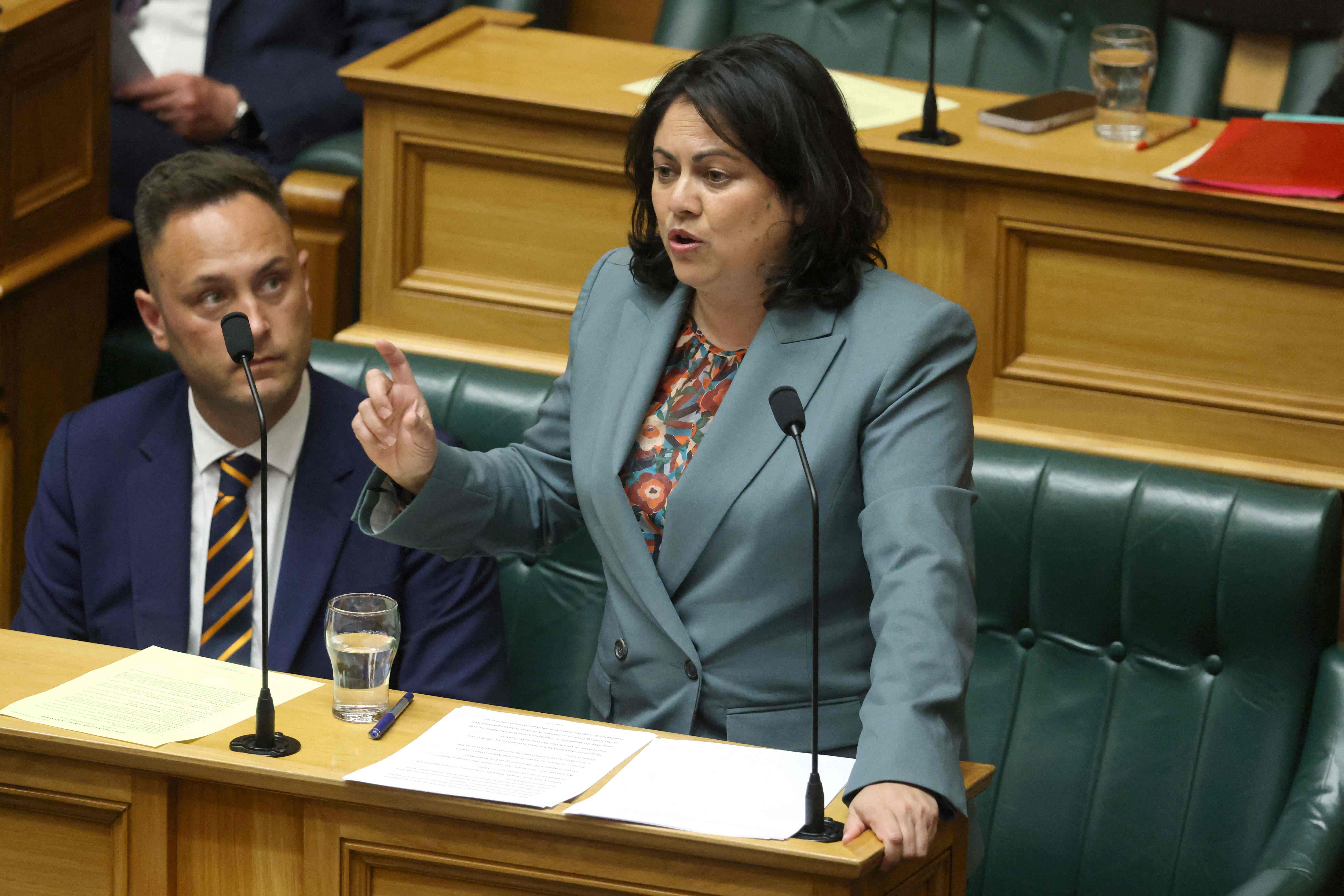New Zealand passes historic law banning next generation from ever smoking
‘Thousands of people will live longer, healthier lives and the health system will be $5bn better off’
Your support helps us to tell the story
From reproductive rights to climate change to Big Tech, The Independent is on the ground when the story is developing. Whether it's investigating the financials of Elon Musk's pro-Trump PAC or producing our latest documentary, 'The A Word', which shines a light on the American women fighting for reproductive rights, we know how important it is to parse out the facts from the messaging.
At such a critical moment in US history, we need reporters on the ground. Your donation allows us to keep sending journalists to speak to both sides of the story.
The Independent is trusted by Americans across the entire political spectrum. And unlike many other quality news outlets, we choose not to lock Americans out of our reporting and analysis with paywalls. We believe quality journalism should be available to everyone, paid for by those who can afford it.
Your support makes all the difference.New Zealand has passed a bill to ban those aged 14 and under from ever legally buying cigarettes in an effort to make the country smoke free by 2025.
The Smokefree Environments and Regulated Products (Smoked Tobacco) Amendment Bill aims to ban the sale of tobacco to anyone born on or after 1 January 2009, while decreasing the number of retailers that sell cigarettes.
The Jacinda Ardern government will also cut down the amount of nicotine allowed in smoked tobacco products.
The bill passed its final reading in parliament on Tuesday with the support from the ruling Labour Party, the Greens and Te Paati Maori.
The number of retailers around the Pacific nation that are allowed to sell tobacco will be reduced to a tenth of the current 6,000, associate health minister Ayesha Verrall announced.
The minister added that the legislation, which she said would accelerate the progress towards a smoke-free future, mandates a maximum of 600 tobacco retailers by the end of next year.
“Thousands of people will live longer, healthier lives and the health system will be $5bn better off from not needing to treat the illnesses caused by smoking, such as numerous types of cancer, heart attacks, strokes, amputations,” Ms Verrall said.

The decision represents one of the toughest approaches in the world to curbing smoking deaths, focusing on the disproportionate impact on the Maori population.
The health minister said the measures taken will close the life expectancy gap for Maori women by 25 per cent and by 10 per cent for Maori men.
New Zealand’s smoking rate in 2022 fell to a record low, with 8 per cent of adults smoking daily compared to 9.4 per cent a year and a half ago, the ministry of health data revealed in November.
There has, however, been an uptick in the number of people vaping daily at 8.3 per cent, an increase from 6.2 per cent recorded last year.
The country has also increased funding in the health sector to roll out cigarette-quitting services and a crackdown on tobacco smuggling. More than $10m from this year’s budget was allotted to curb “sophisticated” tobacco smuggling operations.
“Customs has seen a significant increase in the smuggling of tobacco products into New Zealand over recent years,” customs minister Meka Whaitiri said earlier in May. “We also know that as measures in the Smokefree Aotearoa 2025 Action Plan continue to have an impact on smoking rates, there will likely be increased demand for illegal tobacco products.”
New Zealand reports at least 5,000 smoking-related deaths a year, making it the country’s top cause of preventable death. Four in five smokers started smoking before 18, according to the government.
Join our commenting forum
Join thought-provoking conversations, follow other Independent readers and see their replies
Comments